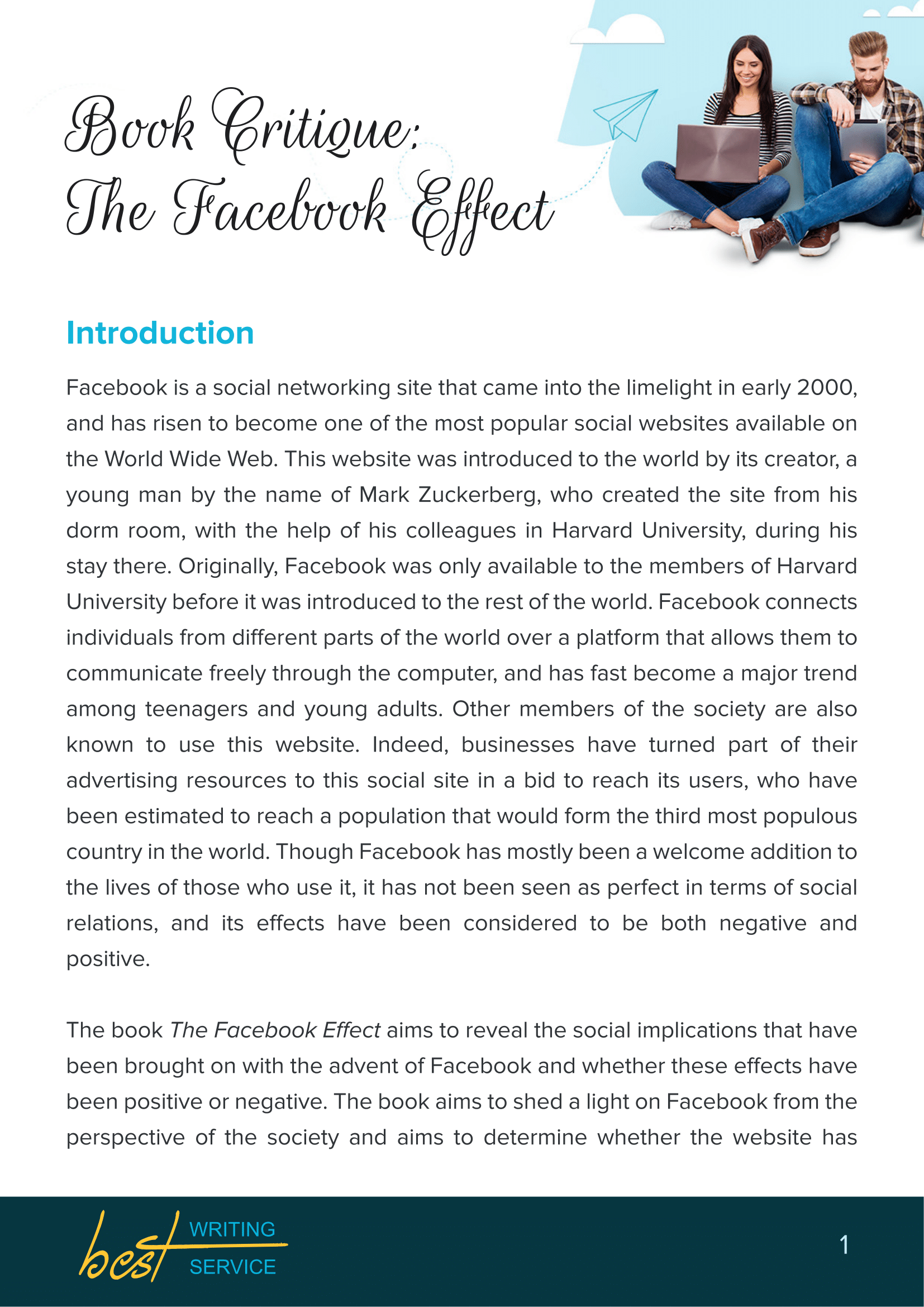Title: The Great Gatsby
Author: F. Scott Fitzgerald
Critique:
The Great Gatsby by F. Scott Fitzgerald is a classic novel that delves into the lives of the wealthy elite in 1920s America. The story is narrated by Nick Carraway, a young man who moves to West Egg, Long Island and becomes entangled in the lives of his wealthy neighbors, including the enigmatic Jay Gatsby.
One of the strengths of The Great Gatsby is its vivid and evocative writing style. Fitzgerald’s prose is elegant and poetic, capturing the glitz and glamour of the Jazz Age with rich detail. The novel is also well-paced, with a gripping plot that keeps the reader engaged from start to finish.
The characters in The Great Gatsby are complex and flawed, particularly the titular character, Jay Gatsby. Gatsby is a mysterious and enigmatic figure, a self-made millionaire who is driven by his unrequited love for Daisy Buchanan. Fitzgerald does a masterful job of portraying Gatsby’s inner turmoil and the lengths he goes to in order to win Daisy back.
However, one of the weaknesses of The Great Gatsby is its portrayal of women. Daisy Buchanan, in particular, is depicted as shallow and materialistic, a character who is defined by her relationships with men rather than her own agency. This can be off-putting for some readers, as the female characters in the novel are largely relegated to supporting roles.
Overall, The Great Gatsby is a timeless classic that explores themes of love, wealth, and the American Dream. While it may have its flaws, it remains a powerful and poignant novel that continues to resonate with readers today. Fitzgerald’s masterful storytelling and vivid imagery make The Great Gatsby a must-read for anyone interested in exploring the complexities of human nature and society.

